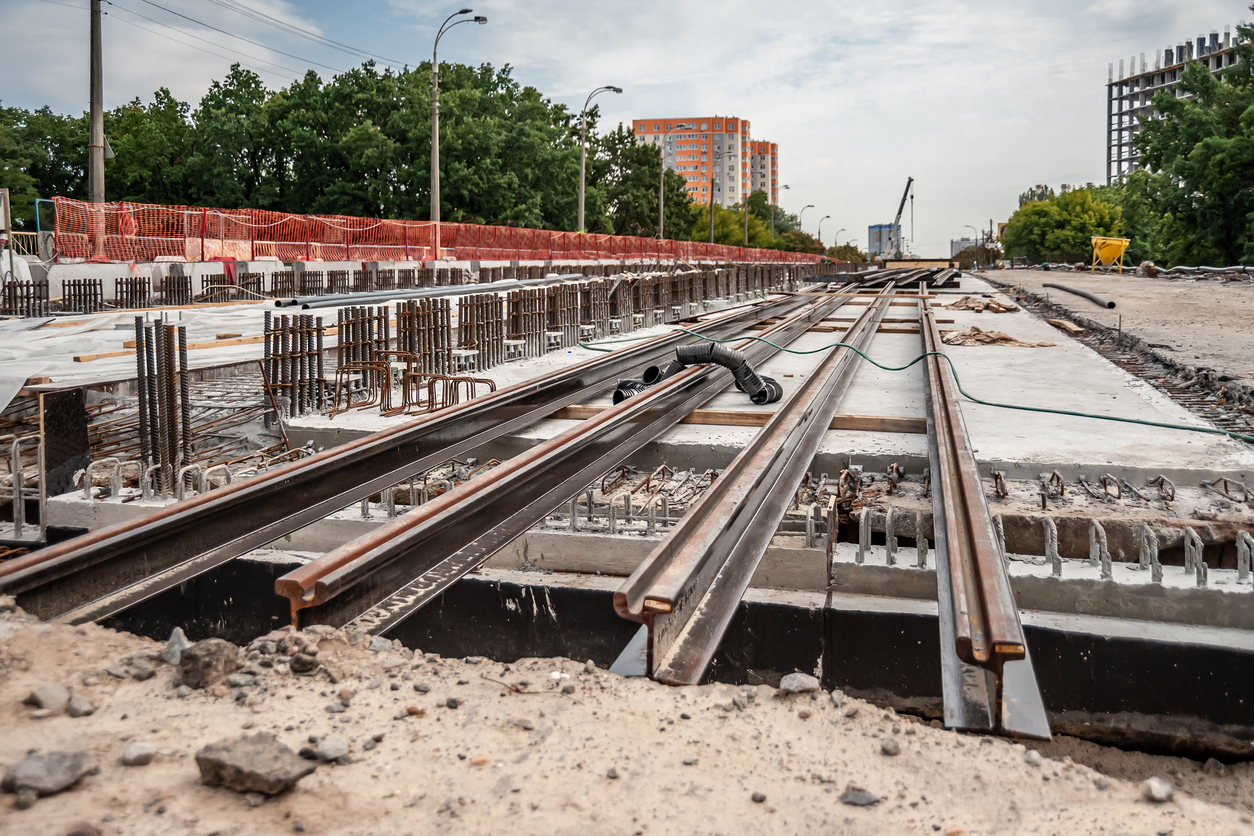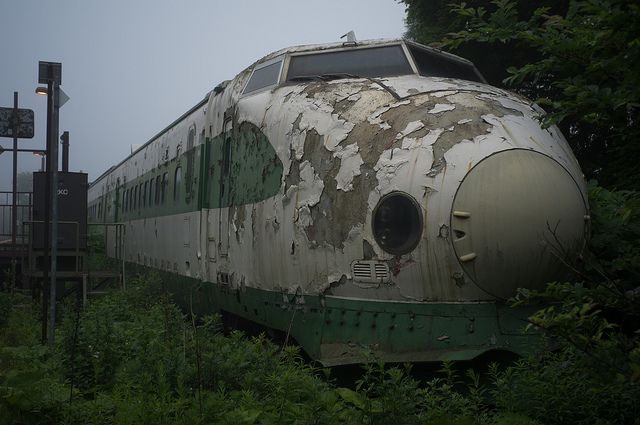'Tis the season for Transportation Pork Projects

Just two short years ago, the Washington State Legislature passed one of the largest transportation budget packages in state history, funded by one of the largest gas tax increases.
It seems that wasn’t enough, and some legislators are coming back for more with a new transportation package and more taxes during the 2019 legislative session.
Realizing the gas tax can only pay for so much, the Legislature is looking at a carbon tax along with the 6-cent gas tax increase. This, however, may be a political non-starter. The voters have repeatedly rejected carbon taxes, most recently this November with the failure of I-1631.
The real question we should be asking is not how much we can increase taxes, but why we can’t pay for what we need with the tax revenue the state currently collects.
It comes down to a lack of discipline in the way we pay for transportation.
Think of it this way; imagine using a credit card to pay for your home expenses because you didn’t have enough income to pay for everything directly. Eventually you would hit your credit card limit and be unable to make the payments. You would either need to pay off the credit card or increase your credit limit.
The state faces the same issue with its policy of issuing bonds to pay for transportation and using our tax dollars to pay the bond payments. Eventually you run out of bond capacity and need more taxes to increase the credit limit or pay down the balance.
The state is perilously close to its credit limit and is barely making its payments. And we still need to fix more roads.
How did we get here? Simply put, bad policy and pork.
Our transportation and environmental policies drive up the cost of building in Washington, sometimes increasing the cost of a project several hundred percent.
As an example, the state pays sales tax on transportation projects, effectively moving 18th amendment-protected funds from road construction and preservation to the general fund. This alone increases the cost of projects by about 10% given our current sales tax rates.
Additionally, in order to garner legislators’ votes, many more projects will need to be added to the final budget proposal driving up the cost further and so perpetuating the budgeting bloat problem.
And that doesn’t even take into account the interest to repay the bonds.
2019 Proposed Transportation Budget Tax and Fee Increases
$15 flat rate carbon tax |
6 cent gas tax increase |
A statewide transportation impact fee ($2.50/square foot for commercial buildings; $1/square foot for residential and manufacturing). |
Sales tax increase on auto part sales |
Sales tax increase on bicycles |
Sales tax increase on rental cars |
Increase in the electric vehicle fee |
Variety of additional fee increases |
It is time to take a step back and look at what we can do to reduce costs before asking the taxpayer for more.
We’ve seen several proposals over the last few years including environmental policy reform, changes to the way we pay prevailing wage, and removing the aforementioned sales tax diversion. All of these will help in the short term to pay down the debt.
In the long term, however, we need comprehensive reform of transportation funding to move us away from a debt-based system. We need to be paying more as we go and certainly not bonding everything including maintenance and operations.
It is time to put aside the desire to take home projects now and focus on the long-term sustainable budgeting needs of our state.
In the meantime, it seems pork will be on the menu this holiday season and into the new year.







